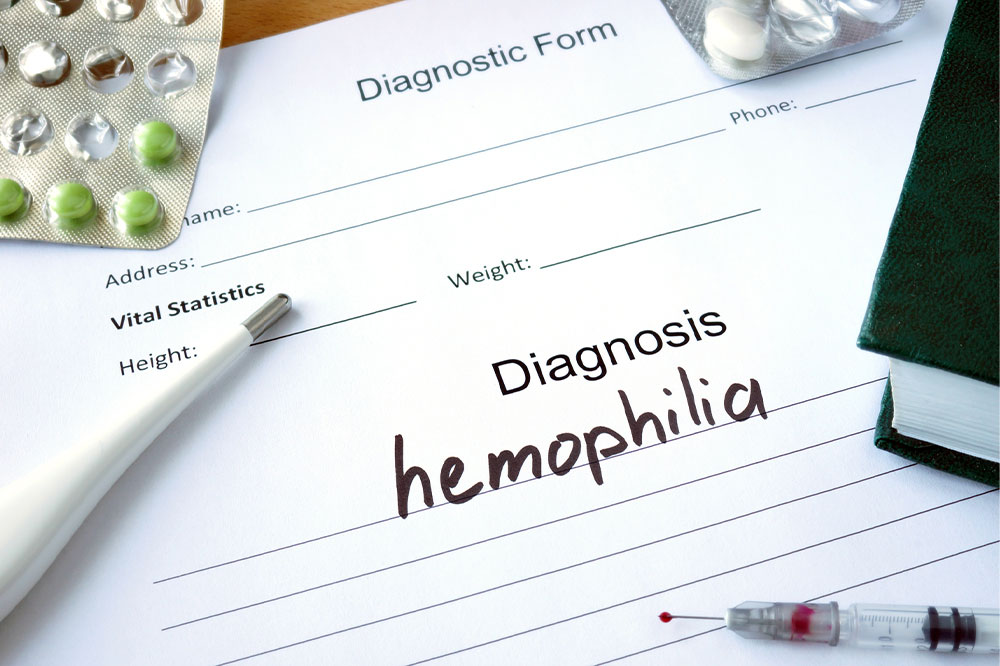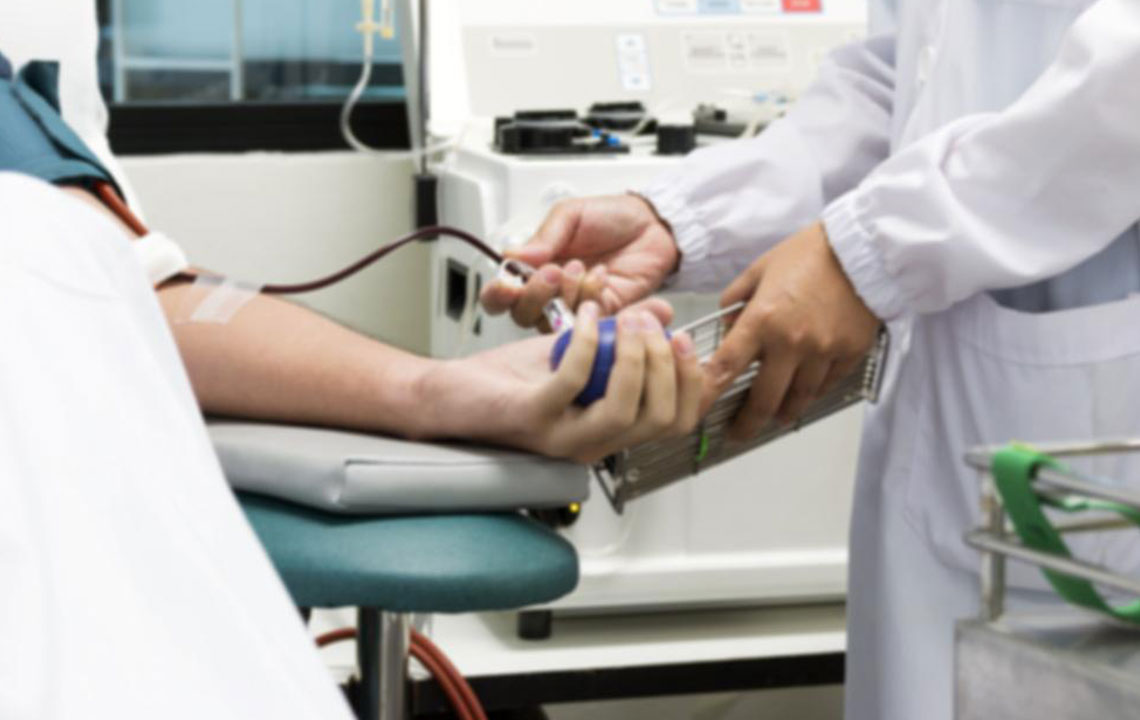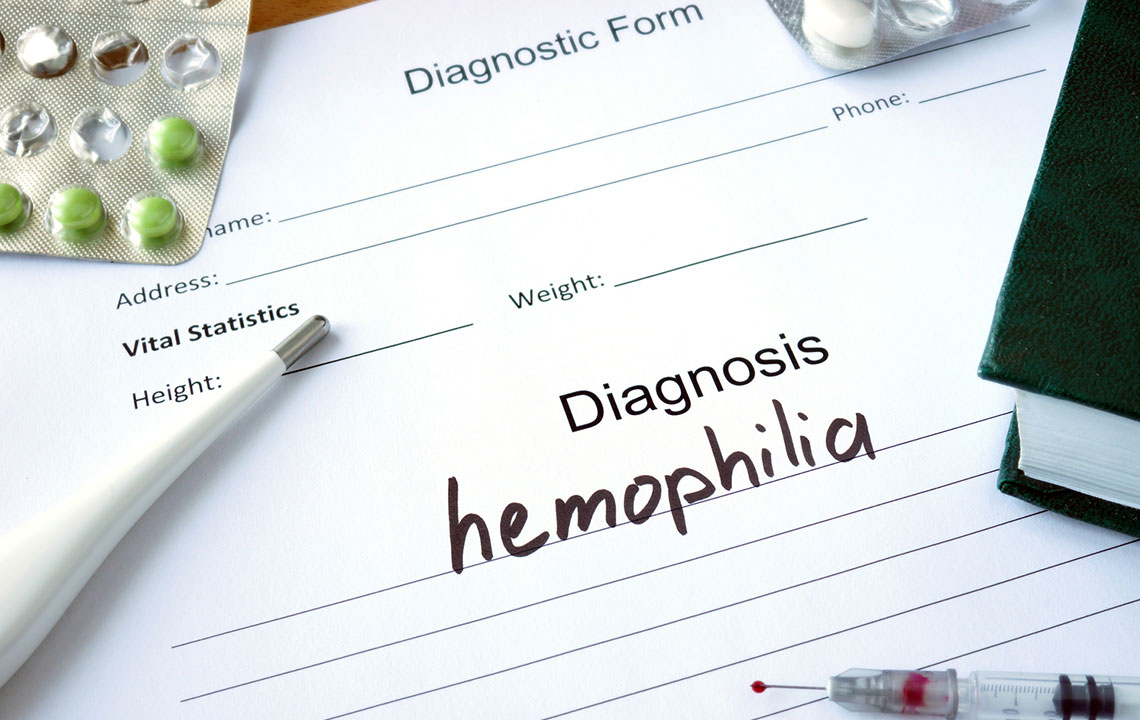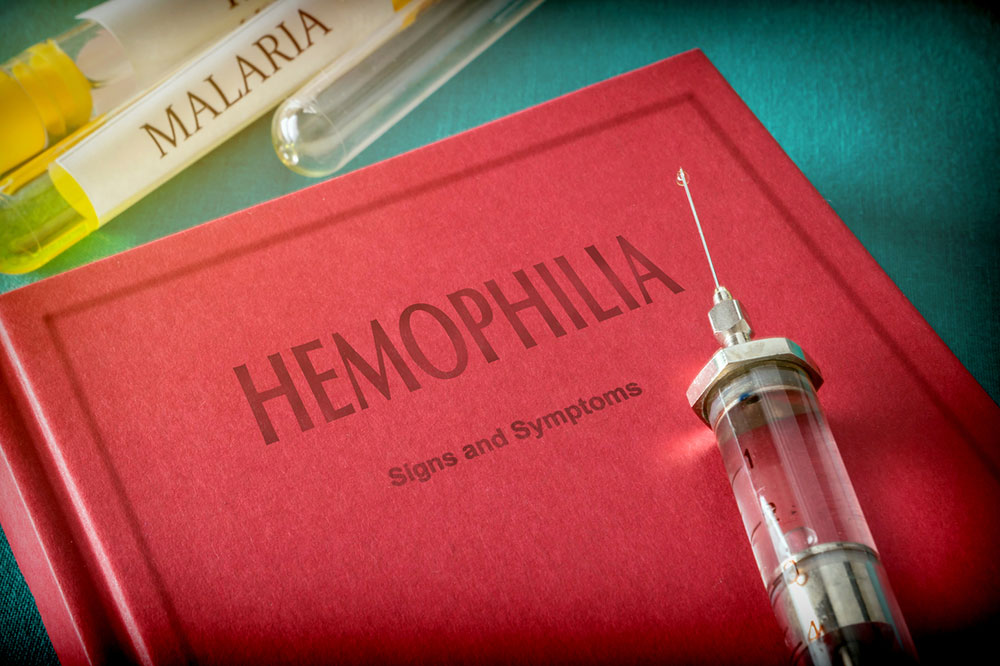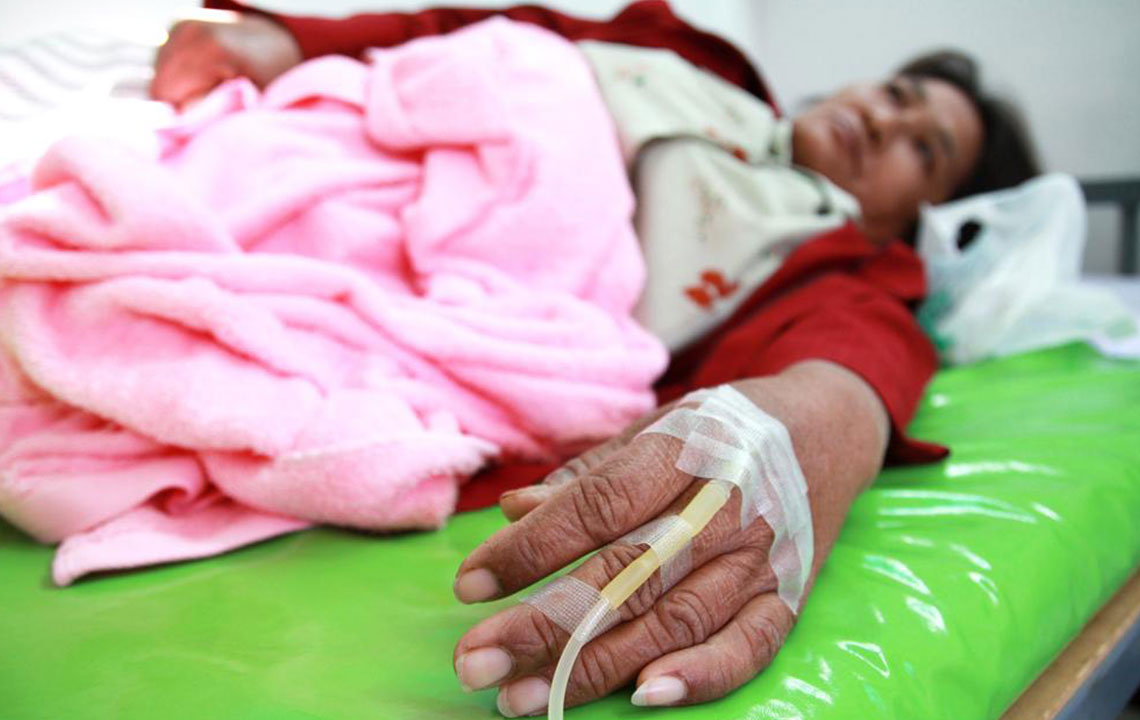Top Strategies for Effective Hemophilia Management
This article provides comprehensive strategies for managing hemophilia effectively through treatment, nutrition, lifestyle adjustments, and preventive care. It emphasizes the importance of personalized treatment plans, proper nutrition, and proactive health measures to reduce bleeding risks and improve quality of life for individuals with hemophilia.

Top Strategies for Effective Hemophilia Management
Hemophilia is a hereditary blood disorder characterized by the body's inability to produce enough clotting factors, leading to increased bleeding risks even from minor injuries. Approximately 1 in 5000 male infants are affected. Although there is no cure, treatment options focus on restoring clotting ability through medication, nutrition, lifestyle adjustments, and preventive measures. This article explores key ways to manage hemophilia effectively.
Therapies for Hemophilia
Replacing missing clotting factors is the primary treatment. Medications like Hemlibra® help replenish coagulation proteins, reducing bleeding episodes.
Recombinant factor concentrates, engineered from DNA, are approved by the FDA for treatment. Kovaltry® is another option for individuals with hemophilia A, providing genetically produced clotting factors.
Vital Nutrients for Hemophilia Patients
Iron plays a crucial role in maintaining healthy hemoglobin levels and replacing iron lost from bleeding. Foods rich in iron include lean meats, seafood, liver, beans, eggs, leafy greens, fortified snacks, and dried fruits. Pairing iron intake with vitamin C enhances absorption.
Incorporating lean proteins such as chicken, turkey, fish, eggs, beans, and tofu supports overall health. Dairy products fortified with calcium promote joint health, helping the body recover from injuries more efficiently.
Lifestyle Modifications for Better Management
Engaging in low-impact exercises helps strengthen muscles and protect joints. Patients should avoid pain medications that could increase bleeding risk, and consult healthcare providers before stopping blood-thinning medications. Maintaining good oral hygiene reduces the chance of mouthbleeds caused by gum issues. Protecting children from injuries is vital to prevent bleeding episodes.
Preventive Care Tips
Regular checkups and screenings facilitate early detection and treatment of bleeding episodes. Vaccinations are essential to prevent infections that could exacerbate bleeding problems. Proactive measures and early intervention can significantly improve quality of life for hemophilia patients.

